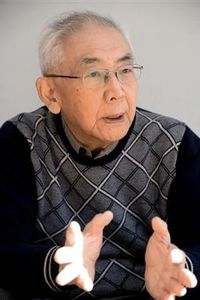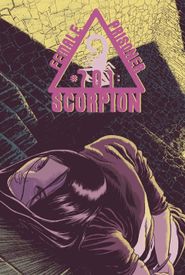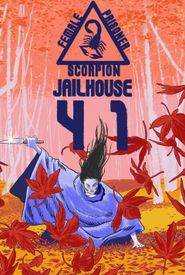Shunya Itō, a venerated and accomplished Japanese film director and screenwriter, has garnered widespread recognition for his pivotal role in conceptualizing and overseeing the highly influential and provocative Sasori / Female Prisoner Scorpion series of 1970s exploitation films, which boasted the exceptional talents of the accomplished actress Meiko Kaji.
Itō's remarkable career has been marked by an impressive array of achievements, with a highlight being his triumphant victory at the Japanese Academy Awards in 1985, where he received the coveted Picture of the Year award for his deeply contemplative and emotionally resonant film, Gray Sunset.
This critically acclaimed cinematic masterpiece tells the heart-wrenching tale of a man grappling with the devastating effects of Alzheimer's disease, a story that served as Japan's official submission for the prestigious Academy Award for Best Foreign Language Film.
Notably, Itō's cinematic masterpiece, Gray Sunset, unexpectedly usurped the spot as Japan's official submission for the prestigious Academy Award for Best Foreign Language Film, thus initiating a media storm in the Western world. The unexpected turn of events led to a heated debate among critics, who passionately argued that Akira Kurosawa's highly acclaimed and ambitious epic, Ran, had a legitimate chance of winning the coveted award, whereas Gray Sunset's chances of securing a shortlisting seemed bleak. This intriguing incident has been meticulously documented by renowned film historian and critic Stuart Galbraith, providing a fascinating glimpse into the world of international cinema and the Academy Awards.























